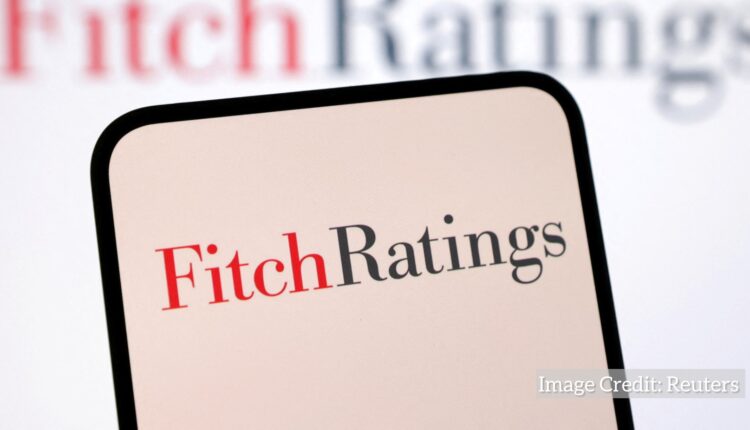The African Peer Review Mechanism (APRM), a specialized agency of the African Union, has strongly criticized Fitch Ratings’ recent downgrade of the African Export-Import Bank (Afreximbank), calling the decision “flawed” and lacking proper consideration of the bank’s unique operating model and legal status. The downgrade, announced on June 4, 2025, saw Fitch reduce Afreximbank’s long-term foreign currency issuer default rating from BBB to BBB‑, with a negative outlook. Fitch cited concerns including a non-performing loan (NPL) ratio it estimated at 7.1% by the end of 2024 above its high-risk threshold of 6% as well as insufficient transparency and reliance on flexible IFRS 9 accounting standards.
APRM’s Rebuttal
APRM has rejected Fitch’s interpretation, stating that the NPL figure is inaccurate and that Fitch has inappropriately included sovereign exposures such as loans to Ghana, South Sudan, and Zambia as non-performing. According to Afreximbank’s own report, its NPL ratio as of March 2025 was just 2.44%. APRM emphasized that Fitch’s downgrade ignored the treaty-based nature of Afreximbank’s operations. Founded in 1993 through a multilateral agreement signed by African states, Afreximbank holds a unique status as a supranational institution with preferred creditor treatment, immunities, and protections that are not typically granted to commercial banks.
Call for Dialogue
In response to the downgrade, APRM is calling for a formal engagement between Fitch, Afreximbank, and African financial institutions to ensure credit rating methodologies take into account legal and institutional contexts. The agency insists that Fitch’s framework treats Afreximbank as a commercial lender, failing to recognize its role in supporting development, trade finance, and economic resilience across Africa.
Fitch Defends Its Methodology
Fitch, in its defense, stood by its rating process, stating that it followed a globally consistent methodology applicable to all supranational entities. The agency maintained that the downgrade reflected a combination of elevated risk from debt-distressed member states and concerns about asset quality and risk management.
Broader Implications
This dispute has significant ramifications for African financial institutions and their cost of capital. A lower credit rating makes it more expensive for Afreximbank to raise funds, which could reduce its ability to finance vital trade and development initiatives across the continent. It also complicates matters for countries like Ghana, Zambia, and Malawi, which are currently undergoing debt restructuring and rely heavily on institutions like Afreximbank.
Push for an African-Led Ratings System
The disagreement is fueling renewed calls for the creation of an Africa-centric credit rating agency. APRM and other continental bodies are advancing the development of the African Credit Rating Agency (AfCRA), set to launch in September 2025. This institution aims to offer fairer and more contextually relevant credit assessments of African entities, in contrast to what critics describe as a Western-dominated, one-size-fits-all model.
Conclusion
The clash between Fitch and the African Union highlights a fundamental difference in how risk is perceived and assessed in Africa. While Fitch relies on global models that prioritize balance sheet indicators and country-specific distress, APRM argues that multilateral lenders like Afreximbank operate in a legally distinct environment that demands a more nuanced approach. As talks progress, the outcome could reshape how African development finance institutions are rated, governed, and perceived globally.








